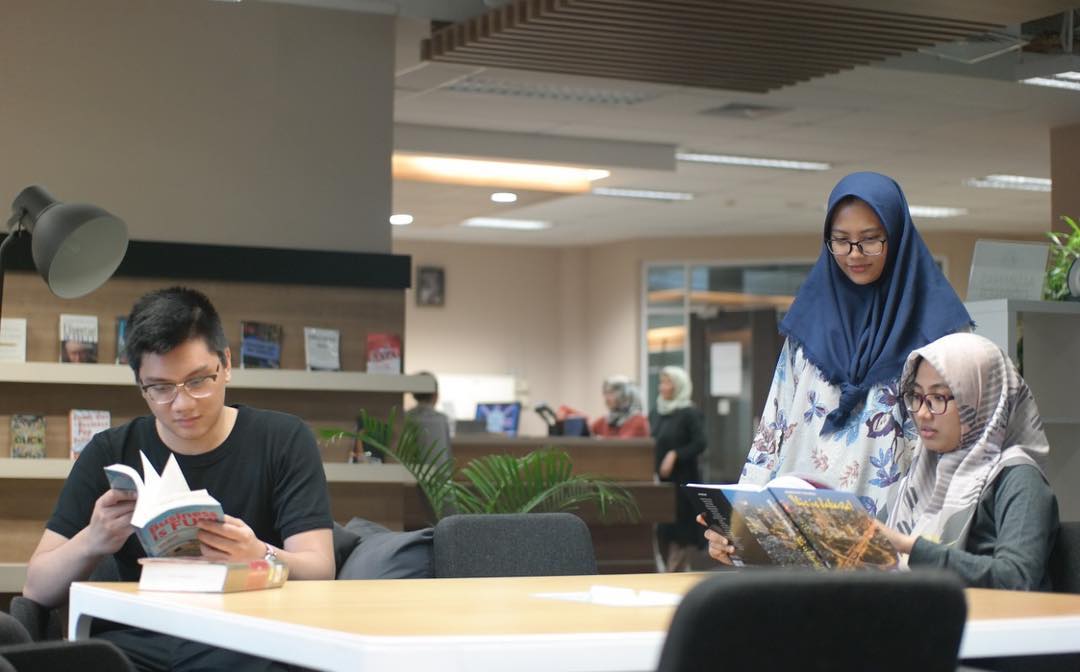Harefa, Satrya H and Pambudi, Sugeng S and Suryanti, Wicahyani (2004) Dealing with Human Capital: Moving Employees from Back Office to Front Office in PT. Merpati Nusantara Airlines. Project Report. Sekolah Tinggi Manajemen IPMI, Jakarta Selatan. (Unpublished)
|
Image
282_Dealing with Human Capital Moving Employees from Back Office to Front Office in PT. Merpati Nusantara Airlines.pdf - Submitted Version Restricted to Registered users only Download (21MB) |
Abstract
PT. Merpati Nusantara Airlines (Merpati) is a state-owned company that provides an air transportation service for domestic and regional routes. Since the crisis of 1997, the fleet has seen a reduction to almost a third of previous level. This significant change in productivity has been reflected in the voluntary career program, which released 577 employees out of 4000 total workforce, and other organization development initiatives. The company also faces severe competition due to airline deregulation in 2002, with new players offering discounted fares. This is the time when leadership and business strategy determine the future of the company. As an effect of internal efficiency initiative and reaching toward the customer, the management stipulates a policy to move cemployees from back office front office. Despite of the year lapsed since the policy announced, the progress is considered not significant. Through the interview of employee directly involved and being transferred, it was found that the resistance is not on the low level employee whose are actually being transferred. Further, the reasoning lead to the resistance on middle level management and leadership issue in general. The recommendation set forth by our analysis hinged around three aspects: Managing resistance from employee and the middle management, implementing human resources practice by job profiling and performance management, and formulating strategy on Policy implementation. In conclusion, the process of moving employees is essentially a structural change. We believe that under current circumstances, the change can be programmed and executed. However, the success would lie in how well the behavioral aspects are managed. Further, there is a concurrent need to reinforce skills and competencies, and motivation of employees, while managing the transfer process through a well laid down scheme and proper communication.
| Item Type: | Monograph (Project Report) |
|---|---|
| Subjects: | H Social Sciences > HD Industries. Land use. Labor H Social Sciences > HD Industries. Land use. Labor > HD28 Management. Industrial Management |
| Divisions: | Library > GFP (Group Field Project) |
| Depositing User: | Latifah Latifah |
| Date Deposited: | 16 Jan 2020 04:00 |
| Last Modified: | 16 Jan 2020 07:40 |
| URI: | http://repository.ipmi.ac.id/id/eprint/143 |
Actions (login required)
 |
View Item |

